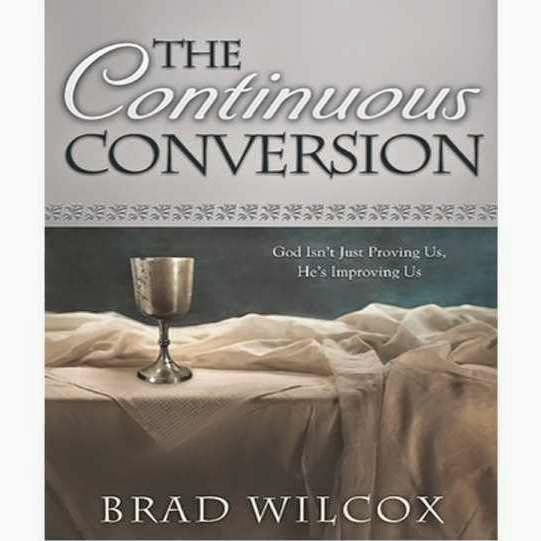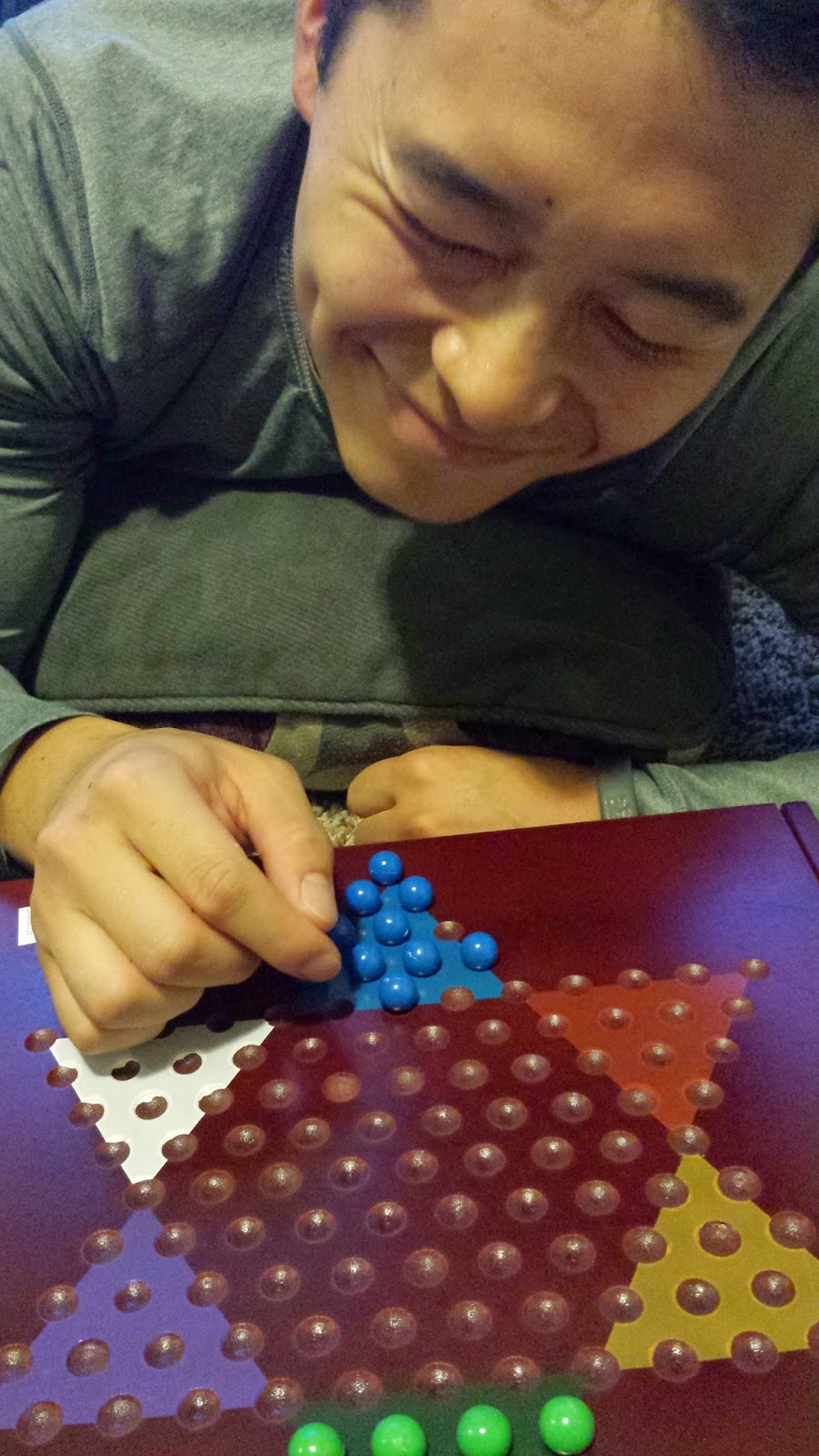Complacency
This lovely book was given to me as a gift from Justin. I admit, I've been neglecting it for a little bit, reading it every once in a while, but I really do love this book. I learn a TON! So read it.
I don't do it very often, but I've been thinking about my life. I obviously don't like doing it because, as optimistic as I am, I can be a pessimist.
Anyway, I was thinking and just thought I wasn't doing anything that important or meaningful in my life. Most of the time I think I'm doing pretty well. I have a job, I think I'm a decent student, I try to keep my body healthy, I'm always happy, etc. I'd say I'm a pretty active member of the church. But how active am I really? As Brad Wilcox wrote, "We may be holding to the iron rod, but how tight is our grip?"
Some can look at me and say that I'm doing just fine, and maybe I am. I honestly have no idea. However, more often than not, we will always think we can do better— and we can! After all, we should live up to our privileges, right? I have absolutely nothing against this kind of thinking, but sometimes it can get the best of us.
I know I can always do better. I can always exercise harder, work more, serve more, study better, prayer harder, be kinder. You see what I mean? I don't have the answer on how I can measure my success in life, and I don't know the limit on my privileges. Is there even a limit? I don't know.
"In the context of the Atonement of Christ, failure is not a problem. Mediocrity is not a problem. Even immaturity, insecurity, and fear are not problems. Complacency is a problem. Indifference is a problem" (Wilcox, 135).
And I think that's what worried me. I was getting too complacent, too comfortable, with my life. As much as I say I can always do better and will do better, how many times have I taken those words out of my mouth and proven it by my actions.
That was a bit depressing, but I had to write that to share my point.
When we're taught that the Atonement covers everything, it really covers EVERYTHING.
Conversion is a process. A process that can't be completed without the Atonement. Going to church weekly, going on a mission, or getting married in the temple will not convert us. It'll all help, but conversion is something that happens over time with consistency. It "must be continually renewed and revitalized" (134).
I think what I'm trying to say is, we won't become what we want to be overnight. That being said, we (especially me) can't become complacent. Heavenly Father has offered us so much and wants so bad for us to be with Him again. So be a little better each day. There will be times we take a step forward then two steps back, but that's what the Atonement is for— it gives us the opportunity to make up those two steps and take that extra step forward.
How blessed I am to have this comforting knowledge that helps me continue to learn and grow.
I don't do it very often, but I've been thinking about my life. I obviously don't like doing it because, as optimistic as I am, I can be a pessimist.
Anyway, I was thinking and just thought I wasn't doing anything that important or meaningful in my life. Most of the time I think I'm doing pretty well. I have a job, I think I'm a decent student, I try to keep my body healthy, I'm always happy, etc. I'd say I'm a pretty active member of the church. But how active am I really? As Brad Wilcox wrote, "We may be holding to the iron rod, but how tight is our grip?"
Some can look at me and say that I'm doing just fine, and maybe I am. I honestly have no idea. However, more often than not, we will always think we can do better— and we can! After all, we should live up to our privileges, right? I have absolutely nothing against this kind of thinking, but sometimes it can get the best of us.
I know I can always do better. I can always exercise harder, work more, serve more, study better, prayer harder, be kinder. You see what I mean? I don't have the answer on how I can measure my success in life, and I don't know the limit on my privileges. Is there even a limit? I don't know.
"In the context of the Atonement of Christ, failure is not a problem. Mediocrity is not a problem. Even immaturity, insecurity, and fear are not problems. Complacency is a problem. Indifference is a problem" (Wilcox, 135).
And I think that's what worried me. I was getting too complacent, too comfortable, with my life. As much as I say I can always do better and will do better, how many times have I taken those words out of my mouth and proven it by my actions.
That was a bit depressing, but I had to write that to share my point.
When we're taught that the Atonement covers everything, it really covers EVERYTHING.
Conversion is a process. A process that can't be completed without the Atonement. Going to church weekly, going on a mission, or getting married in the temple will not convert us. It'll all help, but conversion is something that happens over time with consistency. It "must be continually renewed and revitalized" (134).
I think what I'm trying to say is, we won't become what we want to be overnight. That being said, we (especially me) can't become complacent. Heavenly Father has offered us so much and wants so bad for us to be with Him again. So be a little better each day. There will be times we take a step forward then two steps back, but that's what the Atonement is for— it gives us the opportunity to make up those two steps and take that extra step forward.
How blessed I am to have this comforting knowledge that helps me continue to learn and grow.



Comments
Post a Comment